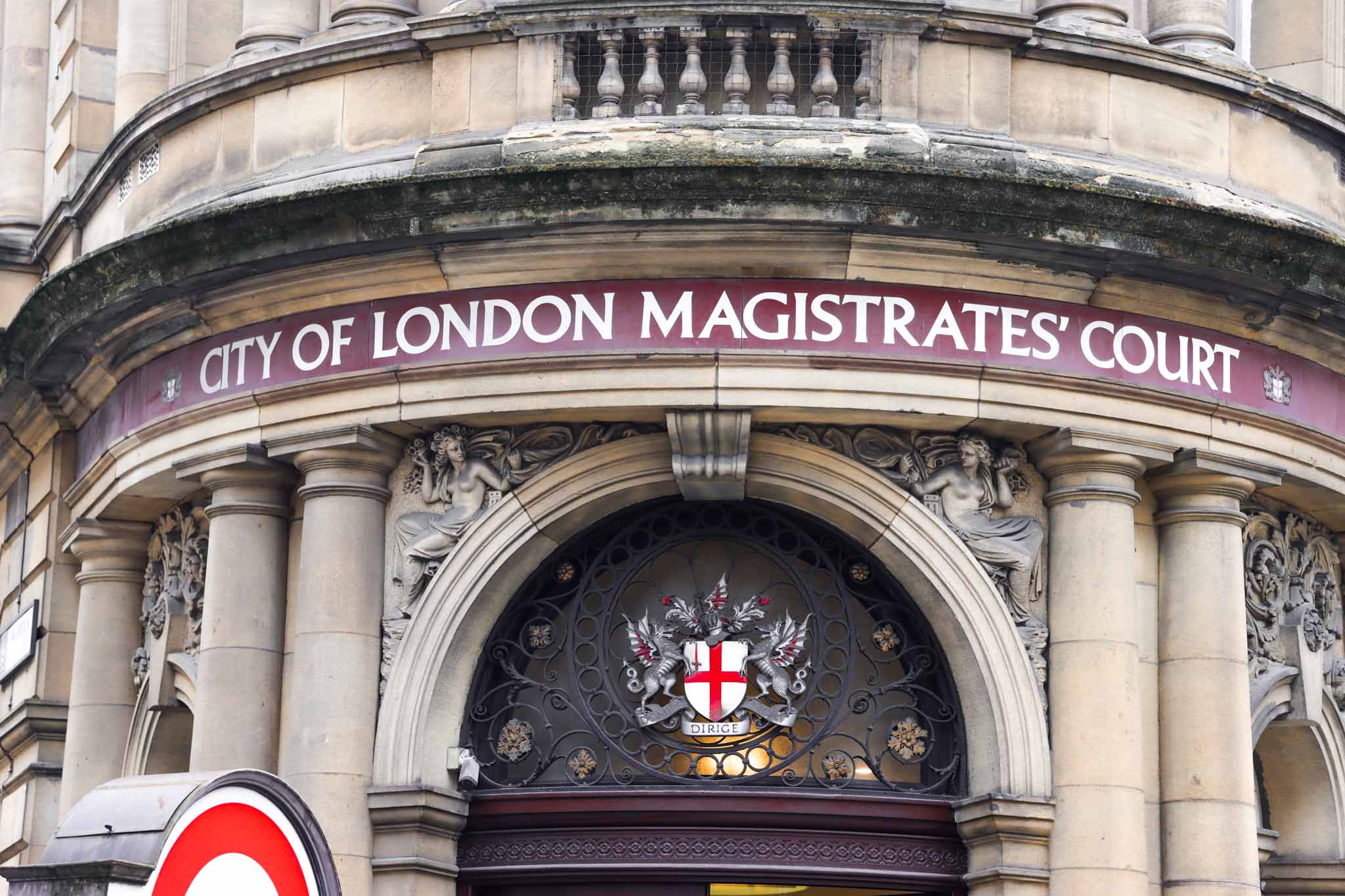
Serious Organised Crime
Cases alleging offending by serious organised crime groups (OCGs) can be extremely complex. At Sonn Macmillan Walker, we have substantial skills and knowledge in this area.
Organised crime groups can be accused of a wide and varied spectrum of offending, and we have vast experience in matters relating to drug dealing, including county lines cases, drug importation, dealing in firearms, money laundering and human trafficking.
Criminal cases concerning OCG’s usually involve numerous defendants and we regularly act in cases with more than 20 individuals charged. Given these cases usually involve multiple defendants, they also consist of a significant amount of prosecution evidence. This evidence can include police observations, CCTV footage of defendants' movements, vast telephone evidence in respect of contact between defendant and cell site data concerning individuals’ movements and co-locations. Defendant’s movements are also often evidenced by ANPR data for relevant vehicles.
Prosecution cases in this field will frequently include expert evidence, for example the examination of firearms and drugs seized. In multiple defendant cases there will be a significant number of statements in respect of the arrests, searches and seizures, there can also often be forensic evidence by way of DNA or fingerprints linking items to defendants. Offending can also span lengthy indictment periods.
Our Approach
Given the different strands of evidence in these cases, at Sonn Macmillan Walker we are methodical, analytical and organised in our approach to considering and analysing the evidence so that we can advise our clients of the strengths and the weaknesses in the cases that they face. We work to identify the key evidence for our clients in what can be voluminous served material appreciating the need to focus our clients' minds and assist them in navigating their way through these cases.
We are consistent in the same methodical approach to taking our clients' instructions in these cases ensuring all areas have been covered to be best prepared for what can be lengthy trials. It’s often always essential in these cases to instruct defence experts to check the prosecution expert’s findings and consider alternative explanations for the evidence, for example transference in respect of DNA evidence.
Operation Venetic
Since Operation Venetic in 2020, we have represented many defendants accused of organised crime as a result of evidence gained from encrypted mobile phones. We are alive to admissibility and reliability arguments in respect of the data obtained in these cases, and work with the leading experts and Counsel in the field.
Our clients in these types of cases will usually be represented by a team including at least a solicitor and a paralegal from the firm, potentially alongside a consultant. We work with experienced Counsel in these cases and are proactive in making applications for legal aid to be extended for defendant to benefit from silks, or two junior counsel.
Sometimes going to trial is a very daunting thought and some of our clients want to know what sentence they may face on the evidence in their case. Our team at Sonn Macmillan Walker are experienced at advising what sentencing guideline category our clients may fall into and giving an estimation as to a sentencing outcome. Having trustworthy sentencing advice can allow our clients to make the correct decisions for the direction of their case.
Post-Conviction Orders
For those convicted, we have experience in giving thorough consideration and opposition to post conviction orders including Serious Crime Protection Orders and Confiscation Orders.
Notable Cases
Our recent cases in this area.
Insights
Our recent insights in this area.




















